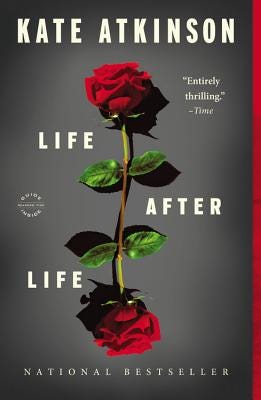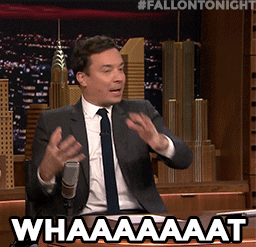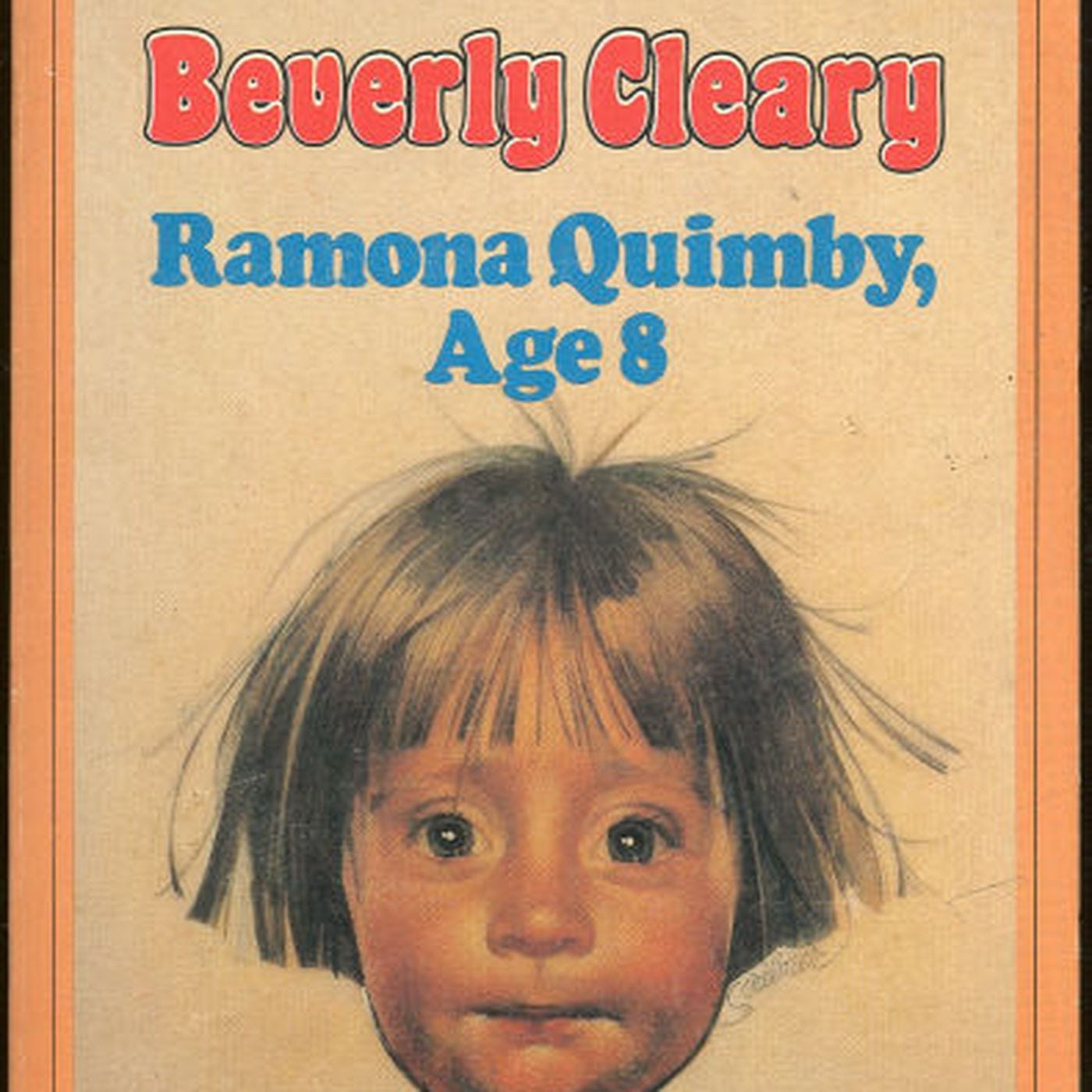“What if we had a chance to do it again and again, until we finally did get it right? Wouldn’t that be wonderful?”
Every time I think of including Life After Life by Kate Atkinson in a list, I choose not to, because I always want to say more about this novel than a few sentences allow. And so, gentle reader, this week is a spotlight on ONE book, one of my favorites, which (spoiler!) you should read.
Power summary: Hitler is murdered. Then in 1910, a baby is born and dies. That same night, she’s born again but lives … and then dies. Over and over she’s reborn and lives many lives leading up to, and potentially changing the course of, the second World War.
This summary is a little confusing, I know, because this *book* can be a little confusing, in that it upends the typical fiction format. Here’s a GIF reenactment of me, reading Life After Life:
Prologue, chapters one and two: huh?
Then: wait, now I’m *really* confused.
Then: dawning realization. Oh, I see what you’re doing here, Miss Kate Atkinson …
… And I LOVE it!
At the end: this is a masterpiece!
In each chapter, the same character, Ursula, is born, has experiences, and then “darkness falls”. And while she doesn’t exactly have knowledge from her past lives, she also retains a faint sense of knowing that, alongside the randomness of life, changes the course of what happens to her and what actions she takes, even while she’s essentially staying the same fundamental character.
What I love about this book is both what makes it so different, but also what makes it so fundamental to why we love fiction. It’s different because it violates all the rules of fiction in that the author keeps changing the world, changing history, reminding you that all of this is a constructed work. You’re never NOT aware of the author in action. It’s like seeing the brush strokes in a painting, or the boning in the bodice of a couture gown - the things that we know are there but normally are not supposed to see add to the beauty of the art.
This very artifice illuminated the universal experiences and questions even brighter for me: is life a series of random events and lucky breaks, or can we bend it to our will? What if we had made different choices earlier in our lives - where could we be? How do you live knowing that days can be snatched away through nothing you did, or something you did years ago? Are there ways to undo the mistakes we’ve made? And (how) can one person make a difference in the world?
And listen. If this all sounds “experimental” and eye-rolling and not up your alley, let me reassure you that beyond all that, this is also a *fantastic* piece of historical fiction, marrying the detailed intimacies of one woman’s life(s) - the childhood, the house, the children, the family, the food and sewing and homemaking - with the grand horror of the war. The descriptions in one scene, where as a street warden in London Ursula emerges after a bombing to assess the damage, are still painted on my brain as vividly as any war film I’ve seen.
It’s also very, very readable. At times chatty and witty, at times visceral and gripping, at times deeply somber, sometimes all three at once. Ursula is both a dust mote in the wind, being tumbled along, but also a great hero. It’s like an adult “Choose Your Own Adventure” book as all her different lives play out, and I love love loved it. So I hope you’ll check it out and if you do get lost in the first couple of chapters, you’re not alone - hang in there and enjoy the ride.
PSA from your friend Kerry: you may be tempted after this to read the companion novel “A God In Ruins” but sadly, it doesn’t match up IMO. Read her Jackson Brodie mysteries instead.
RIP Beverly Cleary, one of the greatest. Of the many fortunes and luck in my life, I’m convinced that amongst my greatest is my early love of and encouragement for reading. Here’s to the children’s authors who treat the children who are their characters, and the children who are their readers, with respect, and who let their girls be wild and interesting while still being loved. Thank you for setting us on a lifetime of loving books.
A Year of Shakespeare: Romeo and Juliet
“These violent delights have violent ends” - I know I’m supposed to feel sad for the star-crossed lovers, and I do, but even more so for the deeply human experience of being unable to back away from the heat of the moment. As with all reading, that probably says more about me than it does about anything else. Othello up next.
Y’all, we’re 24% finished with the year (but only 18% finished with Shakespeare and ALL the histories left to go, yikes.) Let’s get vaccinated and get back to each other!












